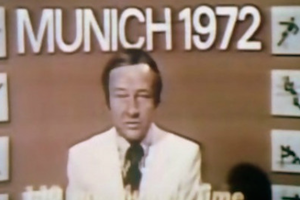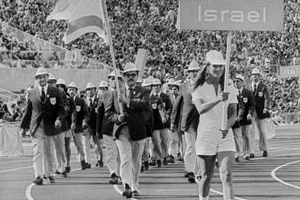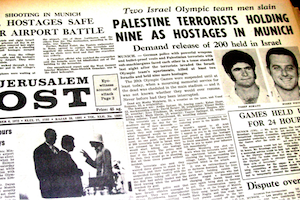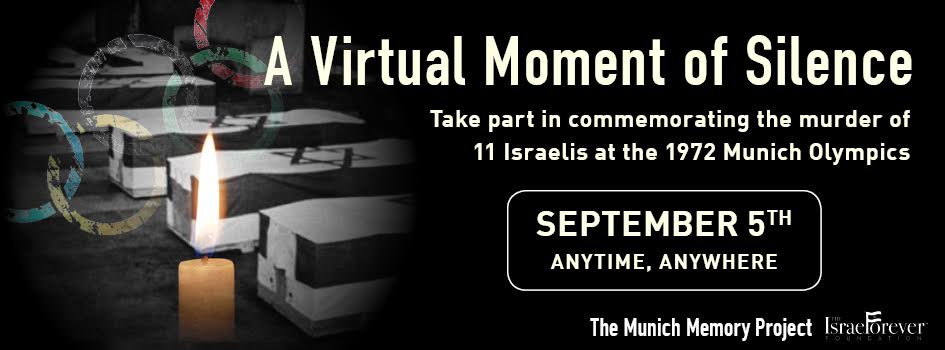One Day, One Minute, How Long Is Enough?
Consider the following scenario:
Your high school’s basketball team is traveling to a tournament to play some of the best high school basketball teams in the country. They are staying in a hotel that does not have a lot of security. But it should not matter, because all the teams coming want to be unified and together. Then, one night, a group of dangerous bullies sneaks into the hotel and into the room of some of the players. Your high school basketball team gets kidnapped, then killed.
How would you expect the community to react? How would you expect your fellow athletes to react?
Do you think the games should be postponed? If so, for how long? If not for security purposes, but in the spirit of the event, of unity and togetherness, wouldn’t you want and expect that the tournament leaders and participants would rally together for the sake of the victimized students?
It was over 40 years ago that a similar scenario took place on the ultimate international playing field - the Olympic games. Munich 1972 witnessed a hostage crisis turned murderous when 11 Israeli athletes were held by terrorists of the Palestinian Liberation Organization who altered the very nature of the playing field into a political, extremist expression of hate.
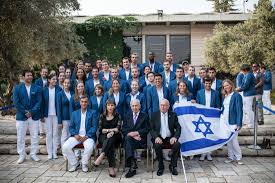
Yet, in spite of the events taking place, the atmosphere of the games was, for many, unchanged. Athletes lounged by the pool while nearby their Israeli counterparts faced a dire and disheartening reality. Yes, there was a memorial, even a postponement of events for one day, and then... a continuation as if nothing had happened.
Whether we are in high school, university, parents, former athletes or avid fans, we can likely all relate to the discomfort this would cause. Does it matter if we have no connection to the victims? Would it matter if it wasn’t the team we were “rooting for?” From Jim McKay’s original broadcast until the tragic end, the whole of Israel, the Jewish people and many others worldwide sat glued to their televisions throughout the crisis, hoping, praying for the safety of these innocent Israelis who only came to take part in the global playing field of the Olympics. So how must the nation of Israel have felt when after just one day, the Olympics started back up again? What did this say about the apathy, or antipathy, of the world to the plight and fate of Israelis and our Jewish state?
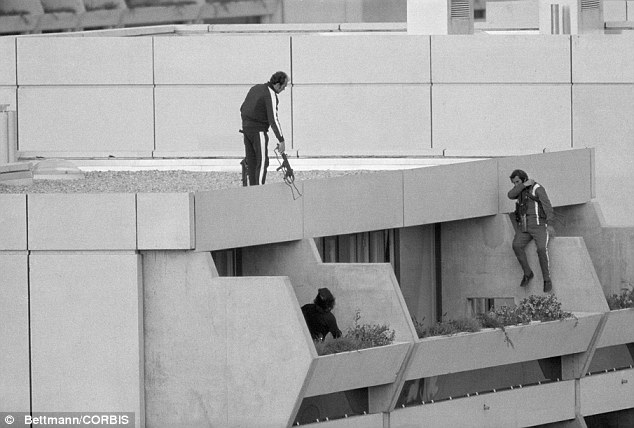
Failure: Armed police drop into position on a terrace directly above the apartments. But they did not try and rescue the hostages
Copyright © Beltmann/CORBIS
Among the tragic details of the Munich massacre is the indifference of the athletes, the International Olympic Committee (IOC), and much of the world who disregarded the significance of what was taking place. Why? Because they were Jews? Because they were Israeli? That question can never easily be answered, but we can presume that if this had happened to athletes from almost any other country, there would have been more done as a result.
There are those who have said ‘they would have wanted the games to go on.’ Is this a callous disregard simply to appease the world and move on from an otherwise uncomfortable scenario? In Judaism, there is the week of mourning that follows death. While Israel gathered to escort the bodies of the murdered athletes to their graves, the world got over it quickly. To date, there has not been a recollection of events - not in the international media, nor by the IOC. There was not a call to motivate the world to consider the loss of humanity, to mourn the loss of life. Instead, somebody said ‘let the games continue’ and it was so.
One day, however, is not enough.
What happened in Munich was tragic, increased by the fact that more than 40 years after the attack, it still does not get the global recognition it rightfully deserves.
Siren blasts bring Israelis together once on Yom HaShoah, the Holocaust Remembrance Day, and twice on Yom HaZikaron, Israel’s Memorial Day. These are just two examples of ordinary citizens standing together to remember victims of terror. Each siren serves as a reminder of our connection to the victims - individuals we may not have known personally, but who are linked to us by their shared humanity.
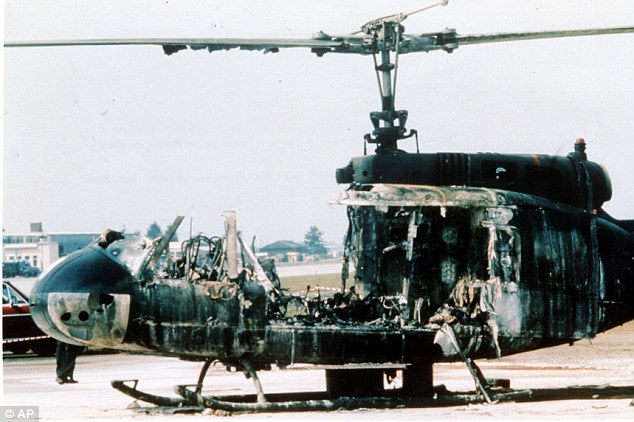
Defeat: The burned wreckage of the helicopter in which nine Israelis held hostage were killed after a botched rescue mission
Copyright © ap
The attack in Munich was inspired by pure hatred of Israel and Jews. Lack of recognition or saying it doesn’t really matter is like saying 40 years from now that it doesn’t really matter that terrorists mercilessly launched rockets into Israel in the early 21st century affecting the lives of hundreds of thousands of people It is our responsibility to remind our friends, our families, our communities, our fellow athletes, and our fellow human beings everywhere that Munich 11 has a meaning that outlasts the event. These 11 individuals gave their lives as the Israeli face of sports on the global stage but their legacy holds meaning for all of the world.
That is why the Munich 11 are still relevant today and why a minute of silence each year on September 5 can have a resounding effect both today and for generations to come. Just as we would expect of our own communities to stand by and respect the tragedy, so, too, should we do so when a tragedy of this magnitude takes place.
Remembering the innocent victims of Munich is an example of how Israel can draw strength from the past to continue well into future.
Recommended:
How are You Commemorating this Day?
Join us for a Virtual Moment of Silence!
About the Author


